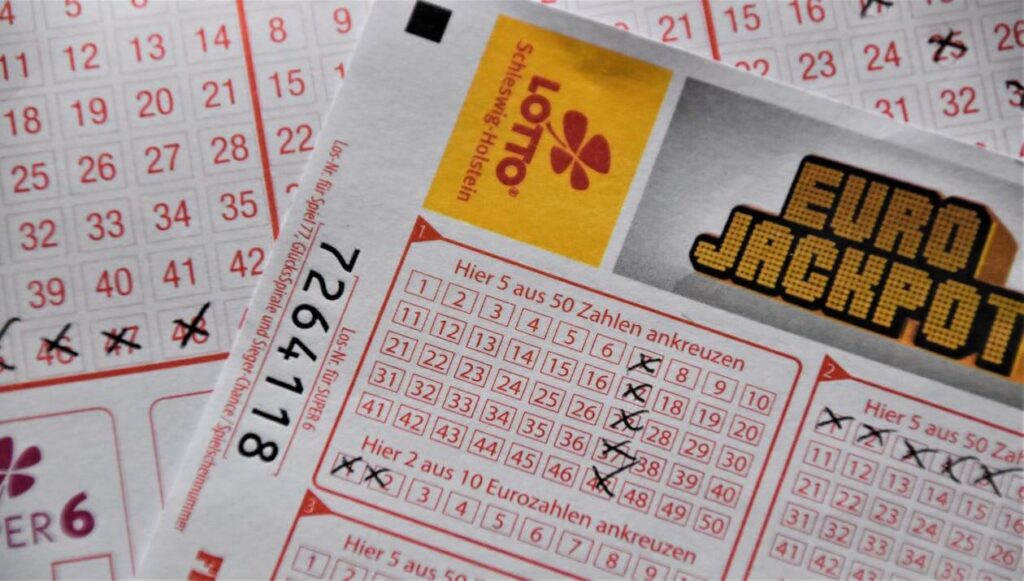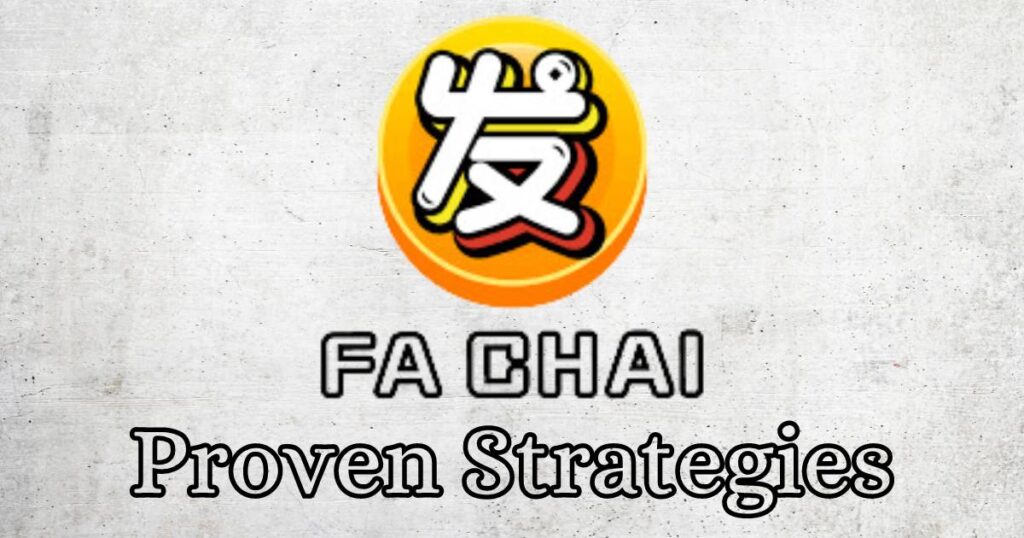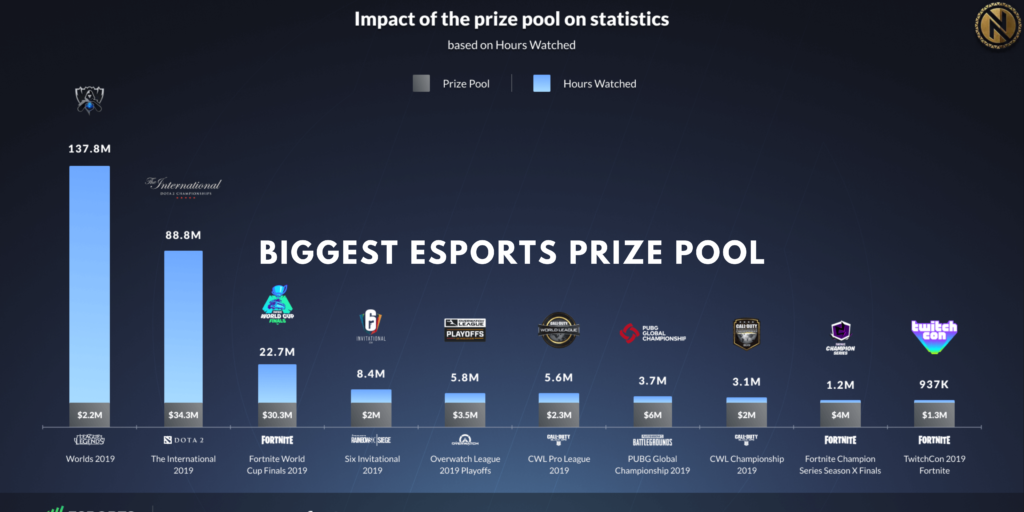Greetings, fellow betting enthusiasts! As seasoned bet game experts, we’ve witnessed firsthand how this digital revolution has transformed our favorite pastime. Success in the world of high-stakes wagering isn’t a matter of luck alone. It’s about meticulous planning, unwavering discipline, and, above all, astute budgeting.
Before we delve into the nuts and bolts of budgeting, let’s dissect the high-stakes bet game mindset.
Professional gamblers approach their craft with a cool, calculated demeanor. They understand that emotions are the enemy of sound decision-making. The first secret to high-stakes bet game is to maintain emotional composure at all times.
In the next sections, we will discuss vital points to high-stakes budgeting: Bankroll Management Techniques and Bet Game Taxation.
Bankroll Management Techniques
At the core of high-stakes bet game success lies bankroll management. Your bankroll is your lifeline in the world of betting, and protecting it is paramount.
Next, determine your bet size. High-stakes betting isn’t about throwing vast sums of money at every opportunity. It’s about managing risk while maximizing returns.
Setting aside a specific betting budget, creating loss limits, and deciding the size of each wager based on the size of your bankroll are all part of proper bankroll management. By using these tactics, bettors may weather losing streaks and increase their prospects of long-term success in the betting market.
1. Define Your Betting Bankroll: Start by setting aside a dedicated betting bankroll separate from your everyday finances. This could be a sum of money you can afford to lose without risking your financial stability. This isn’t the place for your rent money or savings; it’s a separate, carefully allocated fund for betting purposes. This is a fundamental step to ensure that you’re betting with funds you can afford to lose without affecting your financial well-being.
2. Establish Clear Bet Game Limits: Determine loss limits and win goals before you start bet game. Loss limits signify the maximum amount you’re willing to lose in a single betting session, while win goals define the point at which you’ll walk away with your winnings. Adhering to these limits is non-negotiable. They prevent emotional decision-making and ensure that your betting remains a calculated endeavor.
3. Size Your Bets Appropriately: Avoid the temptation to place large bets that could deplete your bankroll quickly. Instead, consider a standardized bet size, typically a small percentage of your total bankroll, which helps manage risk and prolongs your betting enjoyment. It helps protect your bankroll from significant losses and extends your betting enjoyment.
4. The Kelly Criterion: For more advanced bankroll management, explore the Kelly Criterion. It’s a formula that calculates the optimal bet size based on your perceived edge and the odds offered. While it requires a solid understanding of chances, it can help maximize long-term gains.
5. Monitor Your Bankroll: Keep a vigilant eye on your bankroll’s health. Regularly assess your wins and losses, and adjust your bet size accordingly. If your bankroll shrinks due to losses, decrease your bet size to protect your funds. Conversely, if you’re on a winning streak, consider gradually increasing your bets.
6. Stay Disciplined: Discipline is the bedrock of effective bankroll management. Don’t chase losses by increasing your bets to recoup what you’ve lost; this often leads to further losses. Similarly, avoid excessive risk-taking during winning streaks. Stick to your predetermined plan.
7. Avoid Emotional Betting: Emotions can cloud judgment and lead to impulsive decisions. Maintain a rational approach to your bets based on analysis and strategy.
8. Diversify Your Bets: Rather than putting all your bankroll into a single wager or type of bet, diversify your bets across different events or markets. This spreads risk and can help protect your bankroll from significant losses in a single bet.
9. Bankroll Recovery Strategies: If you do experience losses, have a plan for bankroll recovery. Determine how you’ll gradually rebuild your bankroll without overextending yourself. This typically involves conservative bet game until your bankroll is back on track.
10. Learn from Your Bet Game Experience: Constantly evaluate your bet game experiences. Analyze what worked and what didn’t, adjust your strategies accordingly, and never stop learning. Learning from your past bets can lead to more successful future endeavors.
Bankroll management is the backbone of successful betting endeavors. Implementing effective bankroll management techniques ensures that you can continue betting responsibly without risking financial ruin.
Bet Game Taxation
For both newcomers and seasoned bettors, comprehending the impact of taxation on bet game endeavors is paramount. It’s a domain where informed decisions can lead to financial gains and compliance with the law, while ignorance can result in unexpected losses and legal consequences.
Knowledge of local bet game taxation laws is essential for responsible betting, as it allows bettors to plan and account for potential tax liabilities and maintain compliance with local regulations.
Betting taxation varies widely across jurisdictions, with some regions imposing taxes on bet game winnings while others do not. It’s crucial for bettors to understand the tax implications in their specific area. In some cases, taxes may be deducted automatically from significant winnings, affecting the overall profitability of a wager.
Understand the potential tax benefits associated with betting in your jurisdiction. Gain insights into how taxes on betting winnings can be managed and mitigated effectively, allowing you to maximize your profits and enjoy a positive betting experience.
In this section, we will give you vital points to consider on how to navigate the intricacies of betting taxation,
- Taxation Thresholds and Deductions: Different regions may have varying thresholds at which betting winnings become taxable. In some cases, smaller wins may be exempt from taxation, while larger payouts may incur tax liabilities. Additionally, some jurisdictions allow deductions for gambling-related expenses, such as travel and accommodation costs incurred while betting.
2. Professional Gambler Status: In certain locations, if you can demonstrate that betting is your primary source of income and you approach it as a professional activity, you might be eligible for a different tax status. This can include benefits like deducting losses from your winnings, effectively reducing your taxable income.
3. Record-Keeping and Documentation: Proper record-keeping is crucial for dealing with betting taxation. Maintain detailed records of your bets, wins, and losses. Receipts, bank statements, and betting logs can be invaluable when it comes to calculating your tax liability accurately.
4. Seek Professional Advice: Tax laws can be complex and subject to change. Consulting with a tax professional or financial advisor who specializes in gambling taxation can be a wise move. They can help you navigate the nuances of local tax laws, optimize your tax strategy, and ensure compliance.
5. Responsible Budgeting: To account for potential tax liabilities, integrate them into your overall betting budget. Ensure that your bankroll management plan takes into consideration not just your betting expenses but also the tax implications of your winnings.
6. Compliance and Reporting: Always abide by local tax regulations and fulfill your reporting obligations. Failing to report taxable winnings can result in penalties and legal consequences, which can significantly outweigh any potential tax savings.
7. Regional Differences: Keep in mind that betting taxation varies significantly from one jurisdiction to another. What is taxable in one area may not be in another. Therefore, staying informed about the specific tax laws in your region is essential.
While betting taxation may initially seem like an unwelcome aspect of betting, it can be managed effectively with careful planning and adherence to local regulations. You may negotiate this financial element of betting with confidence if you understand the thresholds, deductions, and professional gambler status available in your jurisdiction.
Keep excellent records, seek professional guidance when necessary, and incorporate taxation into your budgeting approach. Ultimately, responsible betting and financial planning can go hand in hand, ensuring that you enjoy your betting activities while maximizing your profits and minimizing tax liabilities.
In the world of high-stakes betting, budgeting isn’t a mundane task; it’s the secret weapon of the pros. With the right mindset, meticulous bankroll management, unwavering discipline, and the ability to adapt, you can elevate your betting game to a level where calculated risks meet thrilling rewards. So, as you embark on this betting journey, remember that success in high-stakes wagering is not a roll of the dice—it’s a strategic endeavor where preparation meets opportunity.
You can read our casino Game related contents here:
- Best Casino Games Online And New Casino 2023
- Dragon Tiger Game Tips For Beginners: Mastering The Basics
- Maximize Fun On A Minimal Budget: The Ultimate Guide To Arcade Gaming
- PNXBET: Your Gateway To Ultimate Online Casino And Betting Fun
- Why You’ll Love Playing Poker Tournaments At Lodi291 In 2023!
- 2024 Ultimate Guide: Become A Blackjack Pro With PhilWin
- Win Big In 2024: Conquer Progressive Jackpot Table Games At Ph646!
- 8 Trusted Strategies To Conquer Dragon Tiger Betting On Taya777
- Cracking The Code Of Field Bets: Hot646 Casino Uncovered
- The Winning Formula: How To Compute Tie Bet Gains In Baccarat At CC6 Online Casino





















